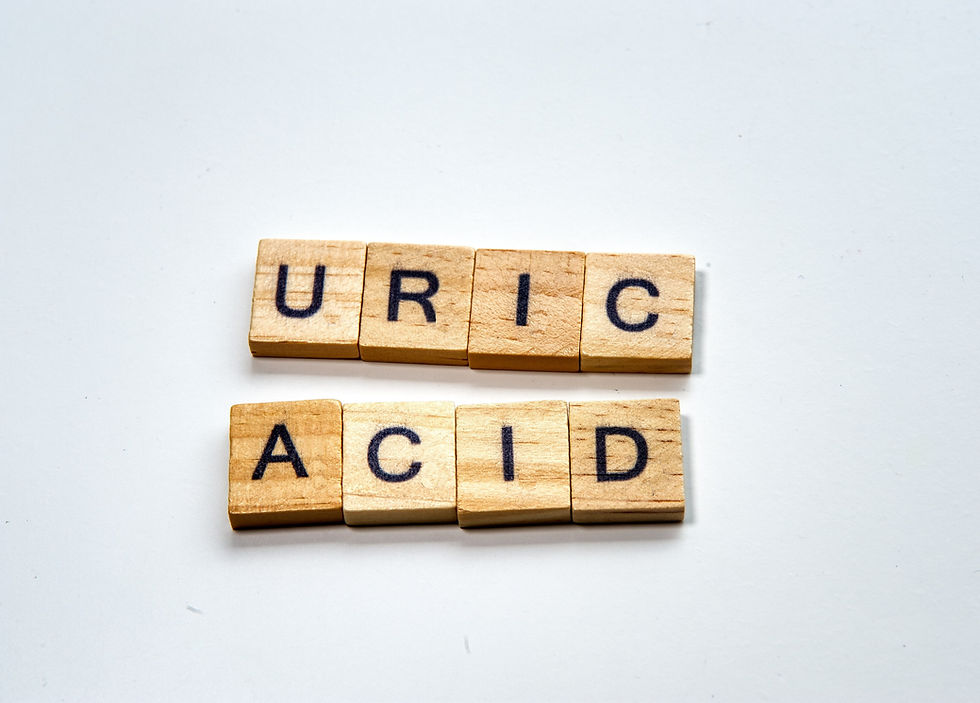Harnessing Probiotics in the Fight Against Inflammation: Insights from Recent Research on Lactococcus lactis IDCC 2301
- Jiwon

- May 7, 2024
- 3 min read
Inflammation is a fundamental biological process, critical to our survival. It acts as the body’s intrinsic response to harmful stimuli, including physical injuries, infections, and toxic exposures. This response involves various immune cells, blood vessels, and molecular mediators, which work together to eliminate the offending agents and initiate the healing process. While acute inflammation is beneficial and necessary for recovery, chronic inflammation can lead to a plethora of health issues, attacking body tissues and contributing to chronic diseases such as arthritis, diabetes, and heart disease.

Diverse Causes of Inflammation
The triggers of inflammation are as varied as its effects on the body. They can range from external factors like microbial infections and physical injuries to internal disturbances such as autoimmune diseases and chronic conditions. Environmental toxins and lifestyle factors like diet, exercise, and stress also play significant roles in modulating inflammatory responses. Understanding these triggers is essential for developing strategies to manage and mitigate unwanted inflammation.
Groundbreaking Research: The Role of Lactococcus lactis IDCC 2301 in Modulating Inflammation
Recent scientific advancements have shed light on the potential of probiotics in managing inflammatory responses. A pivotal study published in 2024 highlights the impressive anti-inflammatory effects of the cell-free supernatant of Lactococcus lactis IDCC 2301, a strain of bacteria known for its probiotic capabilities. This research, carried out by a collaborative team from various South Korean institutions, offers profound insights into how certain probiotic strains can influence key biological pathways involved in inflammation.
Study Findings and Implications
The study meticulously demonstrated that Lactococcus lactis IDCC 2301 significantly reduced the production of inflammatory mediators such as nitric oxide (NO) and prostaglandin E2 (PGE2) in lab models. It achieved this by modulating the activity of NF-κB and MAPK pathways, which are central to the inflammatory process. By suppressing these pathways, the probiotic effectively decreased the expression of inflammatory cytokines including TNF-α, IL-1β, and IL-6, which are typically associated with the development and persistence of inflammation.
This research not only expands our understanding of the biological mechanisms behind inflammation but also opens up new avenues for the development of probiotic-based interventions to combat chronic inflammation.
Stability Enhanced by Q-Shield Technology
A crucial aspect of the effectiveness of probiotics like Lactococcus lactis IDCC 2301 lies in their stability and viability throughout the production and consumption processes. Ildong Bioscience’s Q-Shield Technology is at the forefront of ensuring that these beneficial properties are preserved. Q-Shield Technology encompasses advanced techniques in encapsulation and delivery, safeguarding the probiotics against environmental factors such as pH and temperature, which could otherwise degrade their efficacy.
By employing Q-Shield Technology, Ildong Bioscience ensures that their probiotics, including those studied for their anti-inflammatory properties, maintain their functional integrity until they reach the gut. This technology not only enhances the stability and effectiveness of the probiotics but also maximizes their health benefits, making them a powerful tool in the management of inflammatory responses.

Conclusion: A Probiotic Revolution in Managing Inflammation
The dual nature of inflammation, as both a protective and potentially harmful response, requires nuanced management strategies. The integration of scientifically backed probiotics into daily health regimes offers a promising solution. With the support of Q-Shield Technology, probiotics like Lactococcus lactis IDCC 2301 can now be more effectively used to modulate immune responses and reduce chronic inflammation, marking a significant step forward in our approach to health and disease management.




